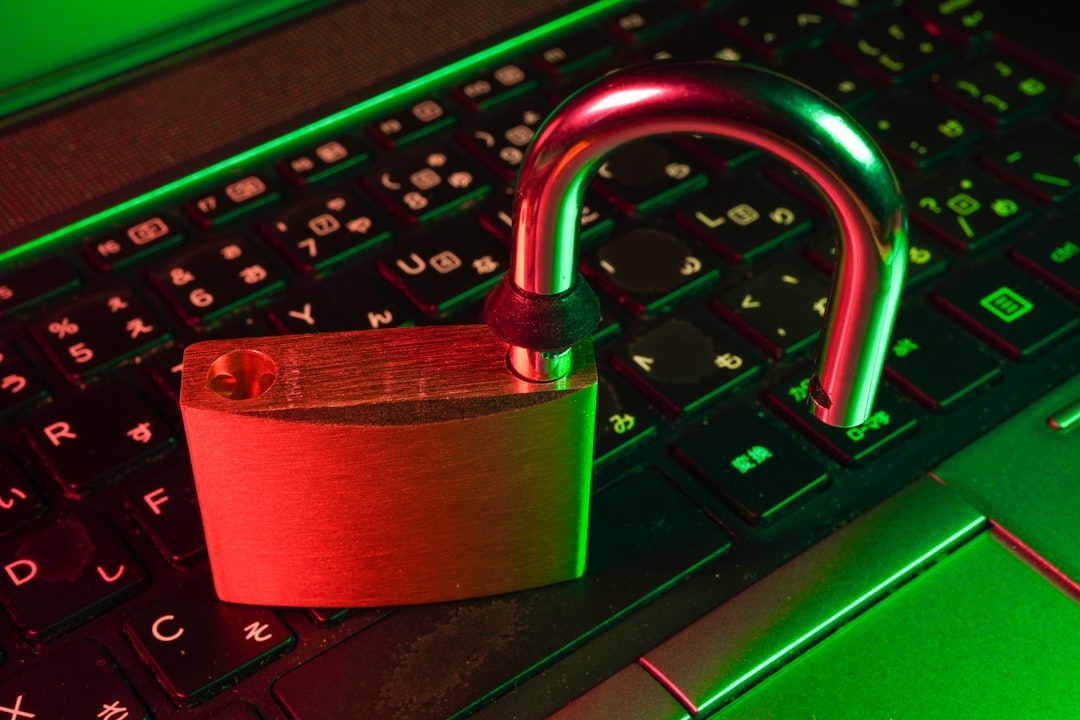Online privacy is becoming more challenging to safeguard in a world where nearly every digital interaction is tracked or monitored. Virtual Private Networks (VPNs) are a common go-to solution for those who wish to protect their online activities from prying eyes. Incogni VPN is one such service that offers users the ability to anonymize their web traffic and retain control over their digital footprint. However, it’s important to understand what a VPN like Incogni does—and just as importantly—what it doesn’t do.
What Incogni VPN Does
Incogni VPN, similar to other reputable VPN services, is designed to accomplish several key privacy-enhancing tasks:
- Masks Your IP Address: When you use Incogni VPN, your real IP address is hidden and replaced with the IP address of the VPN server you’re connected to. This makes it difficult for websites, advertisers, and even your ISP to track your physical location or monitor browsing habits.
- Encrypts Your Internet Traffic: Incogni uses strong encryption protocols, which means the data traveling between your device and the VPN server is obscured from potential eavesdroppers.
- Protects You on Public Wi-Fi: VPNs like Incogni are essential when connecting to unsecured public networks in places like airports or coffee shops. They prevent hackers from intercepting your data while you browse, check emails, or make online transactions.
By offering these features, Incogni VPN helps reduce your exposure to surveillance, targeted ads, and data theft. It can be a critical part of a broader digital privacy strategy.

What Incogni VPN Doesn’t Do
Despite its valuable capabilities, Incogni VPN is not a silver bullet for complete online anonymity. There are several areas where it doesn’t provide full coverage:
- It Doesn’t Make You Completely Anonymous: Incogni VPN hides your IP and encrypts your traffic, but it doesn’t anonymize every aspect of your digital presence. For instance, if you’re logged into your Google or Facebook account while browsing, those services can still identify you.
- It Doesn’t Stop Data Brokers: While it can help reduce the collection of data through your IP address, VPNs do not remove or stop data brokers and other companies that have already accumulated your personal data.
- It Doesn’t Protect Against Malware: Incogni VPN is not antivirus software. It may offer some blocking of malicious sites, but it doesn’t scan files or apps for malware and ransomware.
- It Doesn’t Prevent All Tracking: Many websites use tracking methods like cookies or browser fingerprinting that are not blocked by a VPN. These can continue to track behavior even when your IP is hidden.
Understanding these limitations is crucial. Over-relying on a VPN can lead to a false sense of security and poor privacy hygiene.
What You Should Add for Complete Privacy
To truly secure your online privacy, a VPN like Incogni should be just one component. Consider supplementing it with the following tools and practices:
- Use Tracker Blockers: Browser extensions like uBlock Origin or Privacy Badger can prevent advertisers from tracking you across websites, further reducing your online profile.
- Employ Secure Browsers: Use privacy-focused browsers such as Brave or Firefox with hardened settings. Avoid browsers that harvest data or allow unrestricted access to cookies and scripts.
- Regularly Delete Cookies and Browsing Data: Clear cookies often, and use private browsing modes when visiting sensitive websites. Consider setting your browser to delete data automatically upon closing.
- Use Data Removal Services: Companies like Incogni also offer services beyond VPNs, such as removing personal information from data broker databases. Subscription to such services can significantly enhance your digital anonymity.
- Practice Account Hygiene: Log out of unnecessary accounts while browsing and use alias emails or usernames when dealing with untrusted platforms.
By incorporating these tools and techniques, you create multiple layers of privacy defenses rather than relying entirely on a single method.
Final Thoughts
Incogni VPN is a reliable and effective tool for masking internet usage and preventing some forms of digital surveillance. It should absolutely be a part of your privacy toolkit, especially in an age where data exploitation is rampant. That said, it’s only the starting point. VPNs are not all-encompassing safeguards. They don’t erase your data from the internet, and they don’t protect you from every type of online threat.
By understanding both the strengths and limitations of Incogni VPN, and by complementing its use with other privacy-focused tools and habits, you put yourself in the best position to reclaim and maintain your digital autonomy. A holistic approach is the only effective path in an increasingly connected and scrutinized digital world.
